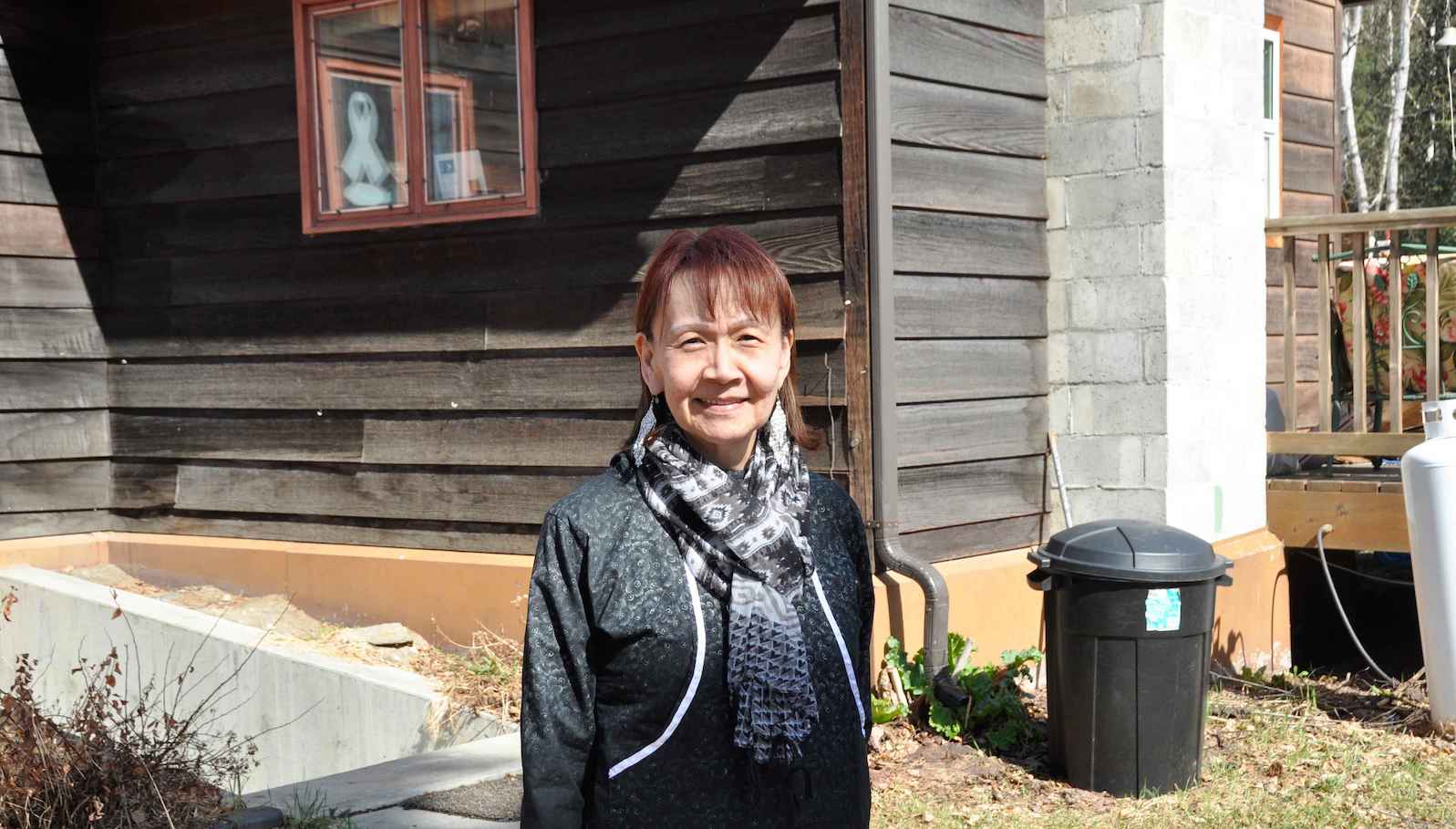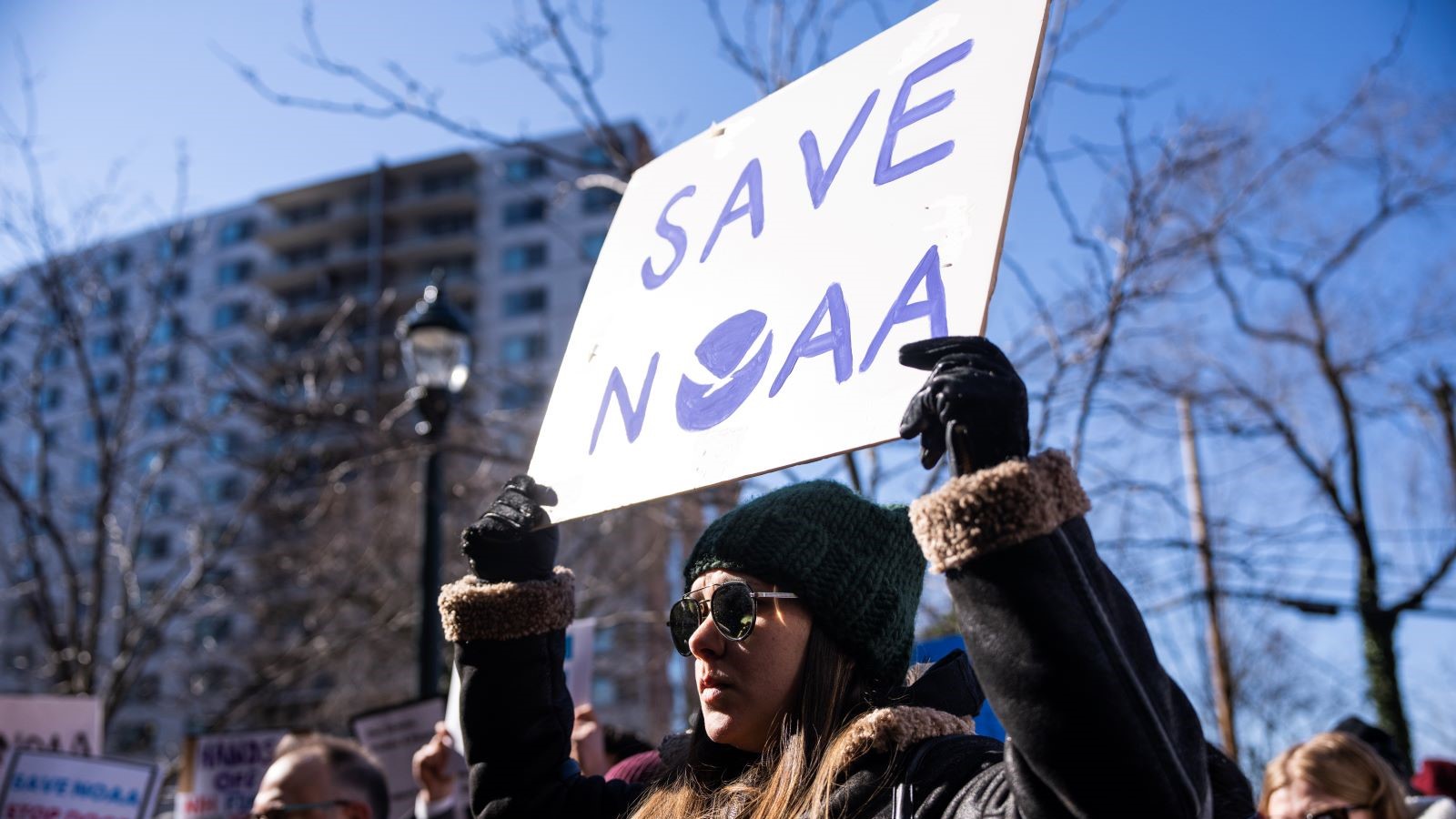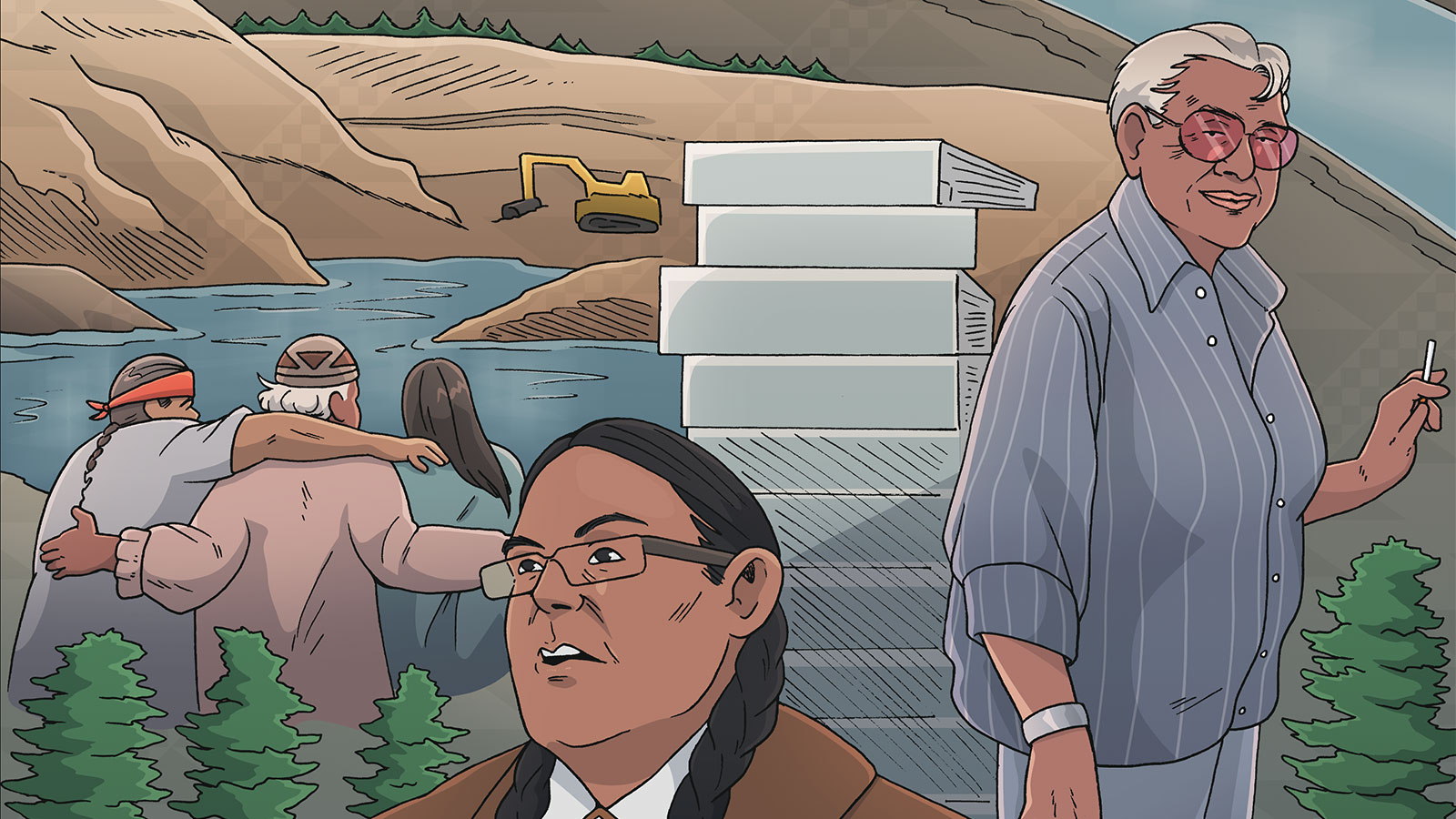Now Reading: Alaska Natives Urge US Military to Address Toxic Waste Cleanup
-
01
Alaska Natives Urge US Military to Address Toxic Waste Cleanup
Alaska Natives Urge US Military to Address Toxic Waste Cleanup

Rapid Summary
- In 1942, Alaska Natives volunteered for the U.S.Army’s Alaska Territorial Guard, dubbed “Eskimo Scouts,” to defend against Japan during World War II.
- Post-war, in 1947, the U.S. military established intelligence posts on Sivuqaq (St. Lawrence Island) with Indigenous Yupik consent under specific conditions.
- The military abandoned these sites later,leaving pollution from chemicals such as mercury and polychlorinated biphenyls (PCBs),now classified as “forever chemicals.”
- Cleanup by U.S.agencies has been deemed insufficient according to studies showing persistent toxic pollution affecting drinking water and food sources like fish.
- A 2022 study found mercury levels in nearby fish exceeded EPA safety standards; PCB contamination also poses a cancer risk to subsistence consumers.
- Sivuqaq residents report widespread illnesses including cancer and miscarriages linked to exposure; their trust is reportedly violated by unmet cleanup commitments.
- Last week, Alaska Community Action on Toxics filed a complaint with the United Nations special rapporteur on toxics and human rights alongside UC Berkeley Environmental Law Clinic seeking investigation into military actions violating environmental rights of Indigenous peoples.
Indian Opinion Analysis
This lawsuit represents broader challenges faced globally regarding historic contamination tied to former defense operations. For India, the ethical precedent being sought through this UN complaint-holding parties accountable for damages inflicted upon marginalized Indigenous groups-echoes ongoing domestic debates over land use policy concerning tribal communities or ecological restoration of degraded areas post-industrial operations.
Moreover,India’s strategic planning against global toxification aligned with SDGs could be informed by learning how international frameworks negotiate accountability between sovereign militaries and vulnerable populations affected decades after deployment activities.Collaborative global case studies help nations actualize better policies balancing national security interests while safeguarding human health rights of local stakeholders.



























